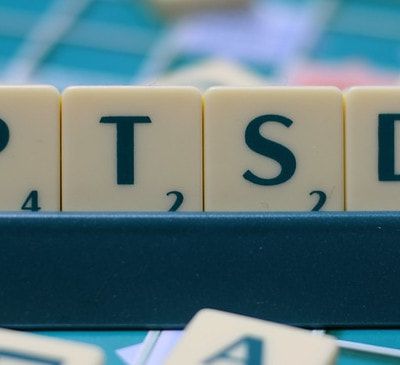The World and Your Private Images are at Your Fingertips…and Everyone Else’s In today’s technology focused society, almost everyone carries…
My Employer Didn’t Pay Me Correctly but I Can’t Afford an Attorney, Now What? Have you ever worked somewhere that…
Modified Mentalities: If you were on YouTube in the early half of the last decade, you may remember Neil Harbisson’s…
You cannot file a workers’ compensation claim in Ohio when you request benefits solely because you developed post-traumatic stress disorder….




